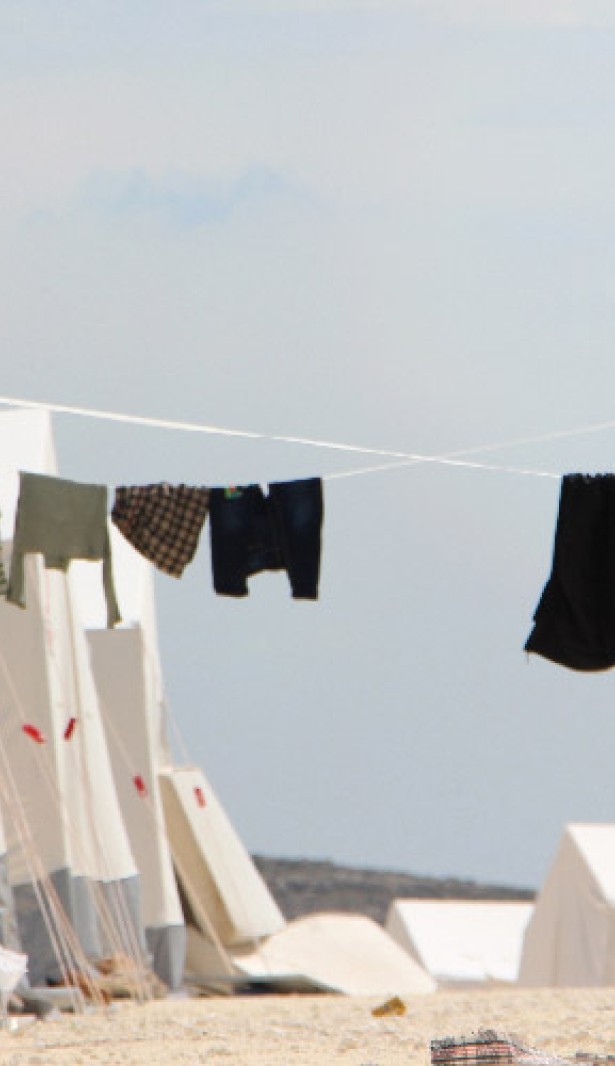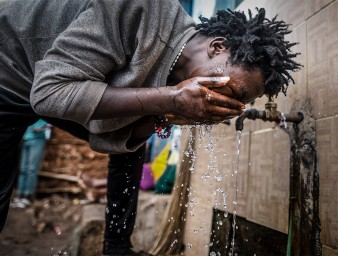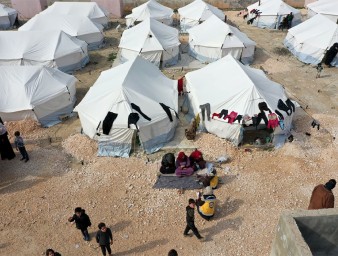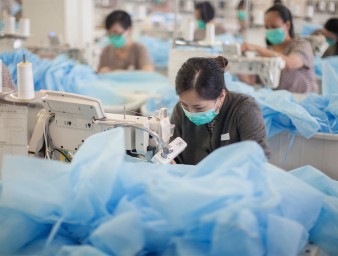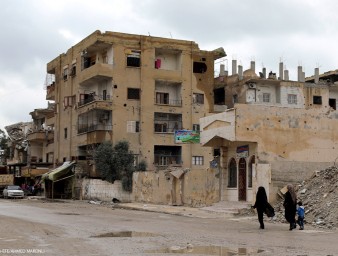Displaced and afraid in Idlib, Syria
02 October 2018
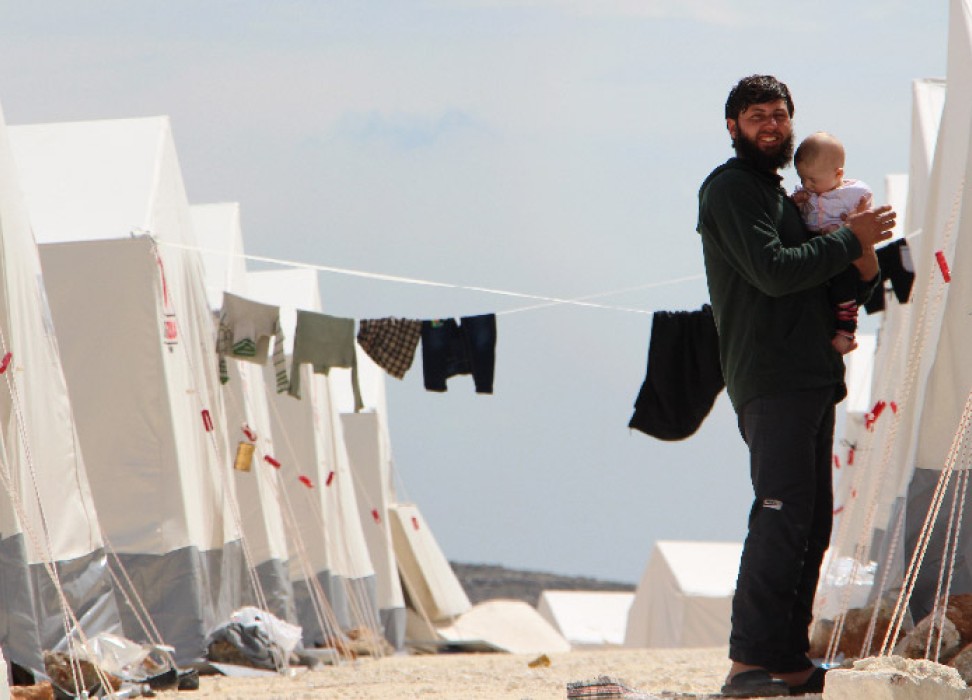
The UN Commission of Inquiry on Syria has welcomed the temporary ceasefire agreement on Idlib reached on 17 September between Russia and Turkey. Earlier this month, the commissioners cautioned that an onslaught to recapture Idlib would generate an “unimaginable human rights and humanitarian catastrophe.”
That agreement, the commissioners said, would temporarily spare civilians from a full-scale attack and could allow the provision of humanitarian relief to Idlib.
The Commission, which just presented to the Human Rights Council findings on the situation of those internally displaced by the conflict in Idlib and other parts of Syria, has been calling for a political solution between all belligerent parties to spare civilians.
“Each of the millions of episodes of displacement represents the story of a Syrian uprooted from her or his home – many times without a moment’s notice,” Paulo Sergio Pinheiro, one of the commissioners, told the Council.
“Left to fend for themselves, with nothing more than a bag filled with the remnants of their past lives, they have faced a trauma so multifaceted that one struggles to quantify the harms they endure.”
Idlib has been called the last major stronghold of anti-government armed groups and terrorist organizations in Syria. More than half a million civilians have been displaced to and within Idlib since the beginning of 2018.
Children, men and women, predominantly from eastern Ghouta, rural Northern Homs and Yarmouk camp in Damascus were forcibly displaced to Idlib following the conclusion of “evacuation agreements,” the commissioners said.
“Living conditions in severely overcrowded areas are strained beyond capacity, with those displaced often left without the bare necessities required for survival,” Pinheiro said.
Those in makeshift camps live without potable water; medical services are limited, and there are no schools for children. Displaced communities also endure indiscriminate attacks, and aid organizations find it difficult to provide them with life-saving aid because of dwindling international funding.
The commissioners also pointed out that the displaced have lost their jobs, homes and social connection, and face higher risks of violence, abuse and discrimination. Women and girls are left more prone to sexual violence and abuse in makeshift camps, tent communities, and abandoned buildings, unable to live in dignity. Pre-existing gender inequalities are further exacerbated and lead to changes in economic roles, posing implications for post-conflict economic recovery.
“Widows, elderly women and women with disabilities who have emerged as the sole bread winners are particularly affected due increased economic hardship further compounding the enjoyment of their basic rights,” Pinheiro said.
Syrian men, who traditionally are the heads of households, risk succumbing to armed groups, recruitment into terrorist organizations, or forced conscription by Government forces.
Families displaced are also confronted to the large-scale destruction of their homes and infrastructure; and after seven years of conflict, it has become difficult for them return to their homes and seek the protection of their land and property rights.
“As the political process continues, it is essential that human rights and accountability issues remain key priorities,” Pinheiro told the Human Rights Council.
“In areas where fighting has abated, the return in safety and dignity of the internally displaced and the refugees should be voluntary, without unnecessary obstructions, and if vetting of returnees is needed, it must be kept to a minimum and be conducted with full transparency on a case-by-case basis,” he added.
2 October 2018
